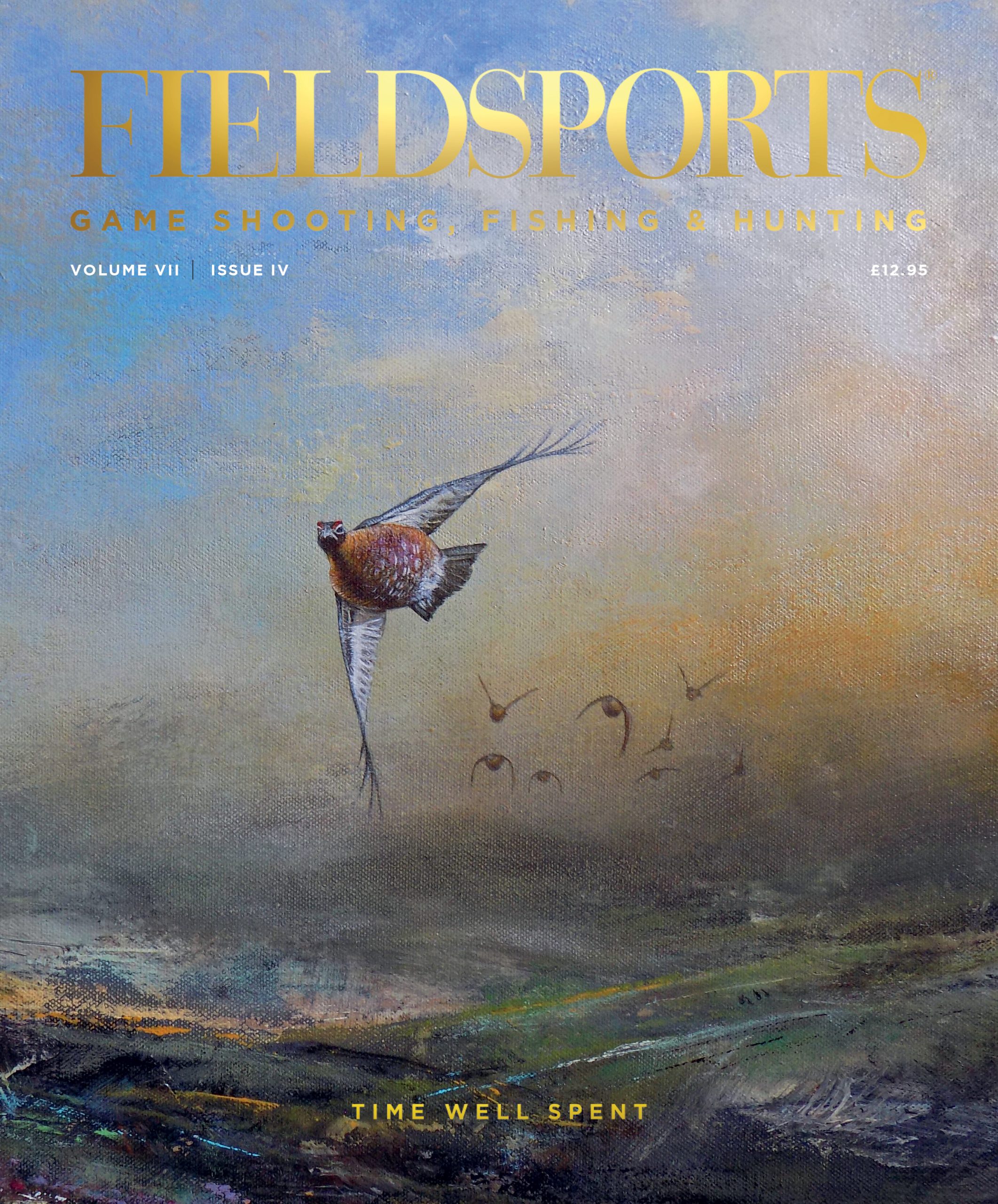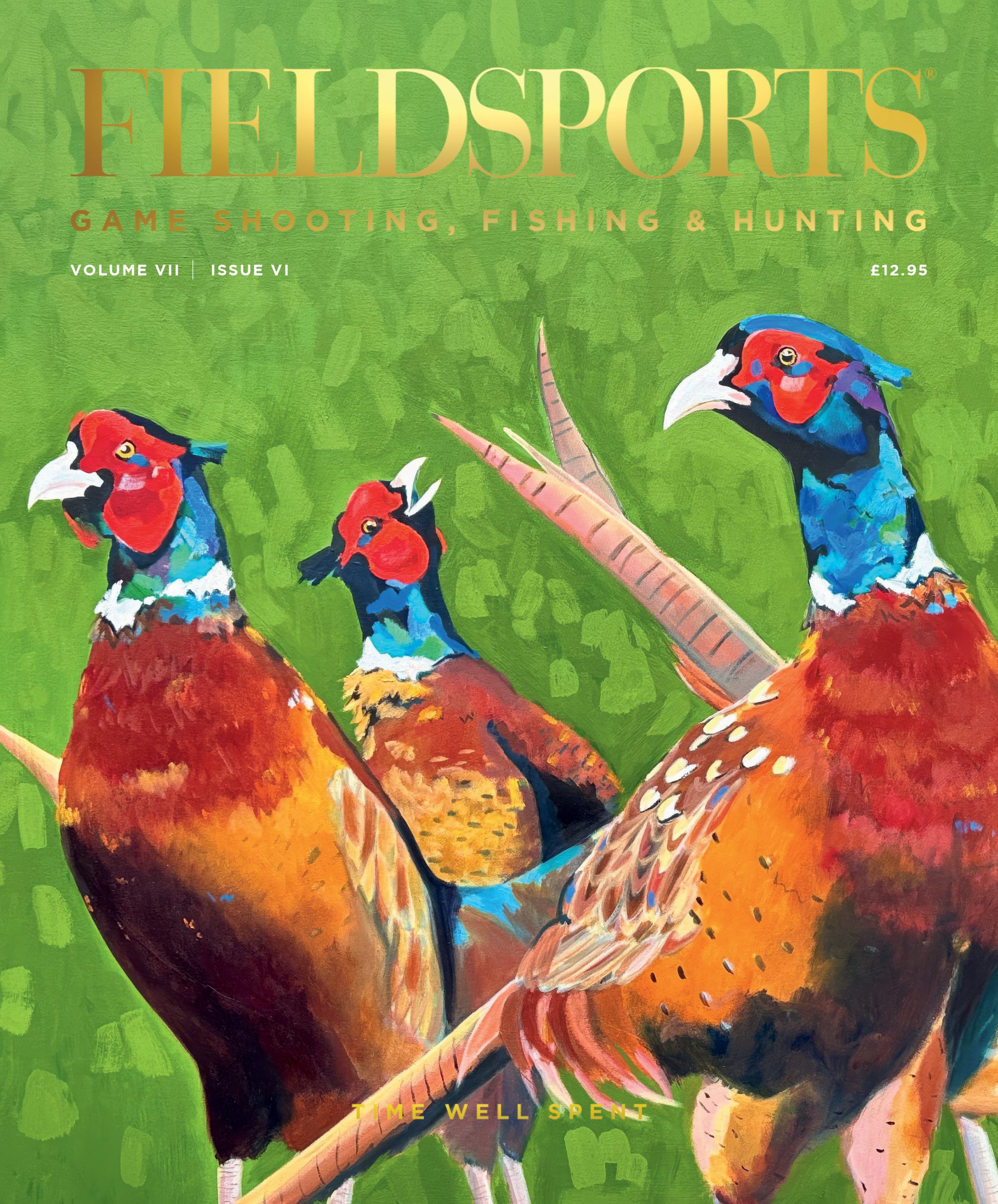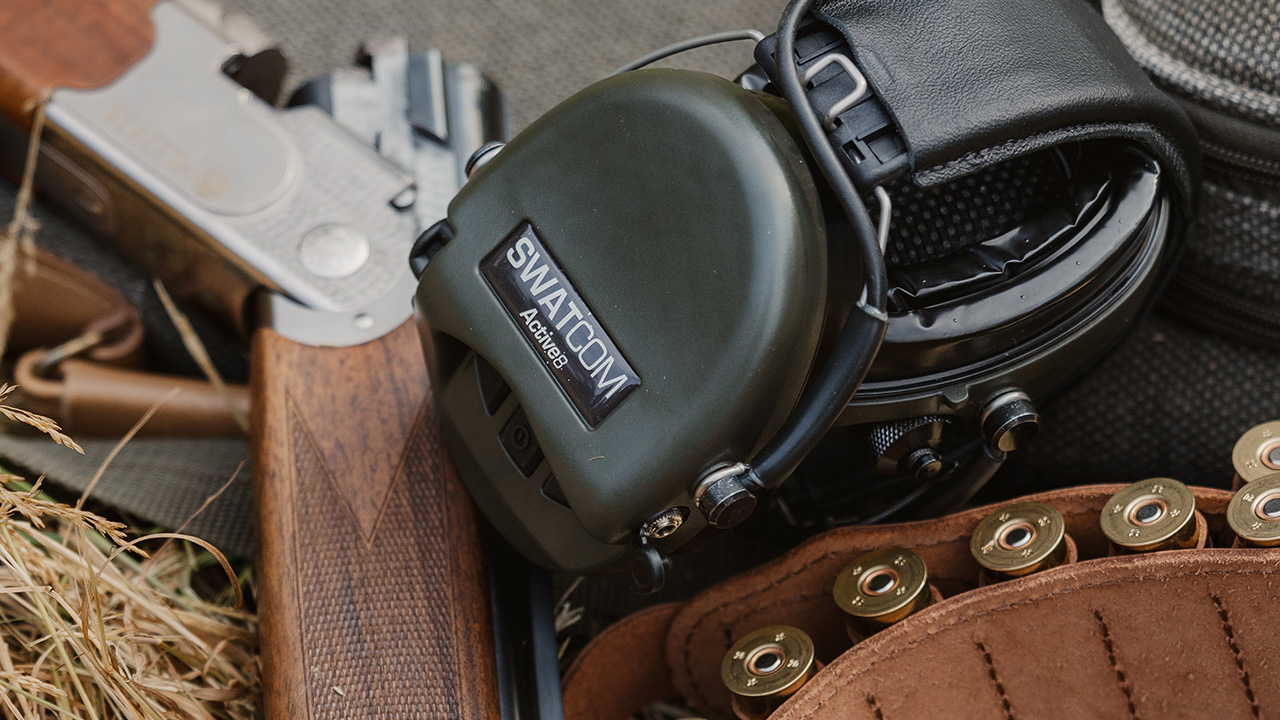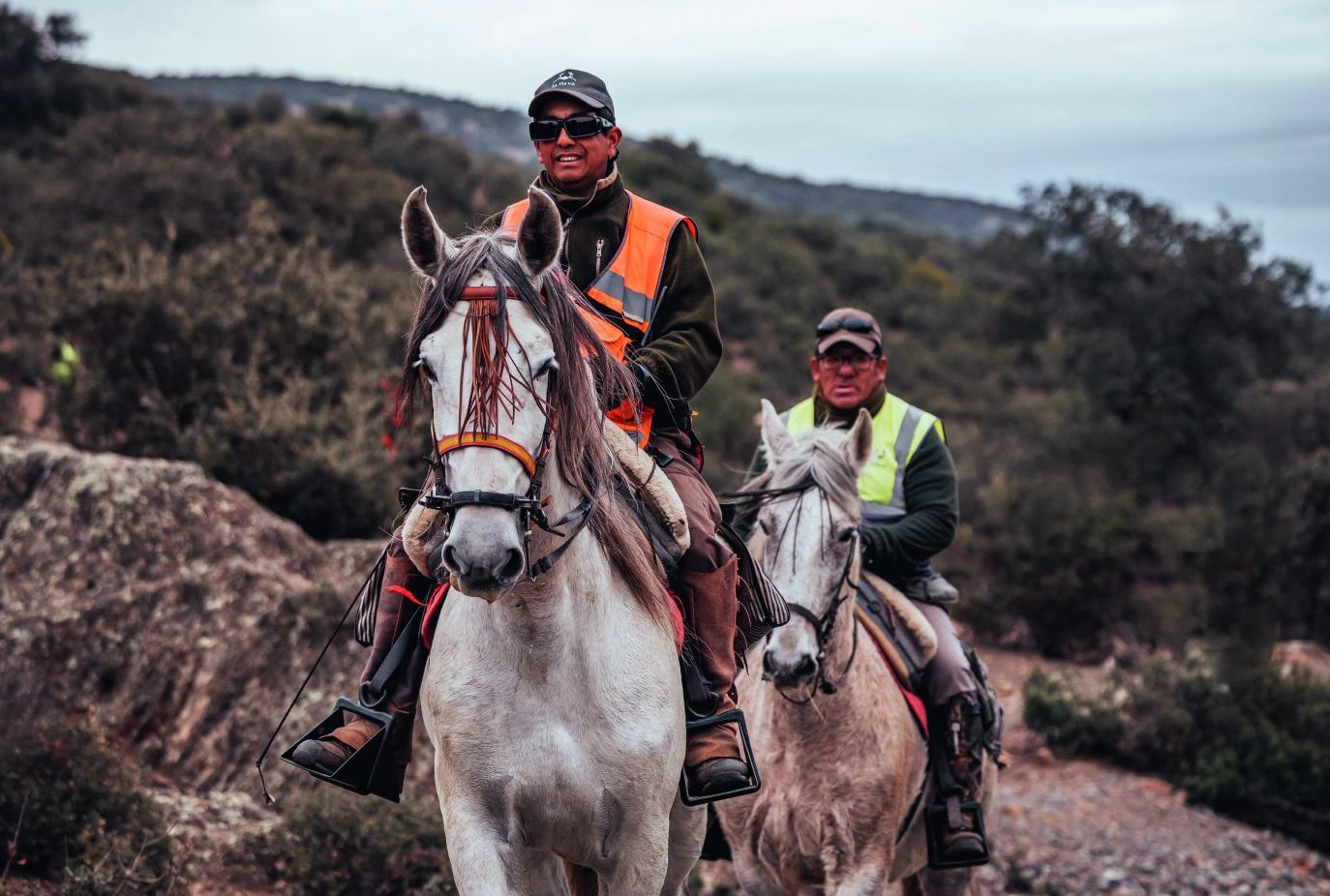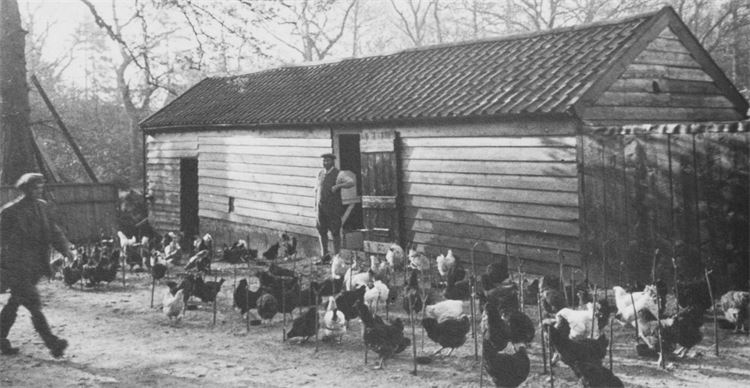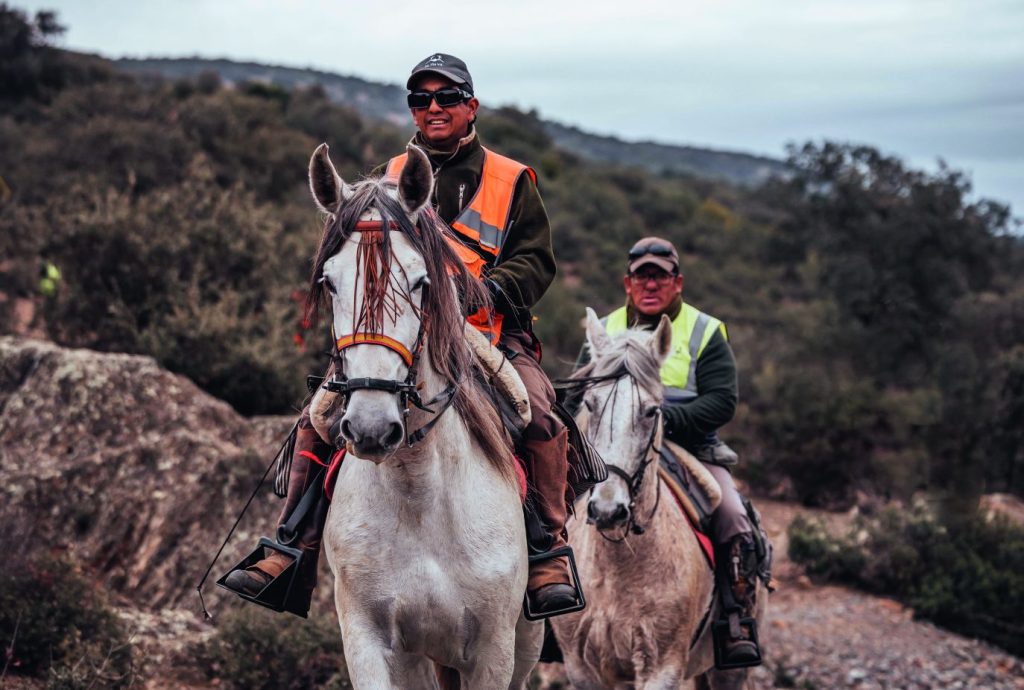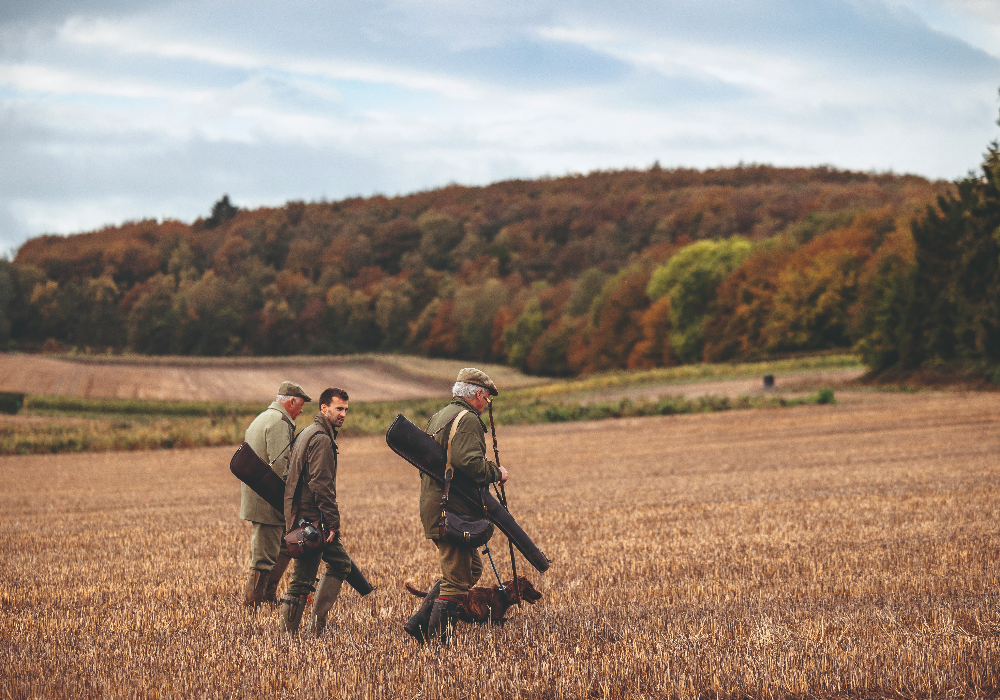Advice from an old hand
Reflections on becoming a gamekeeper and advice for those who wish to be one.
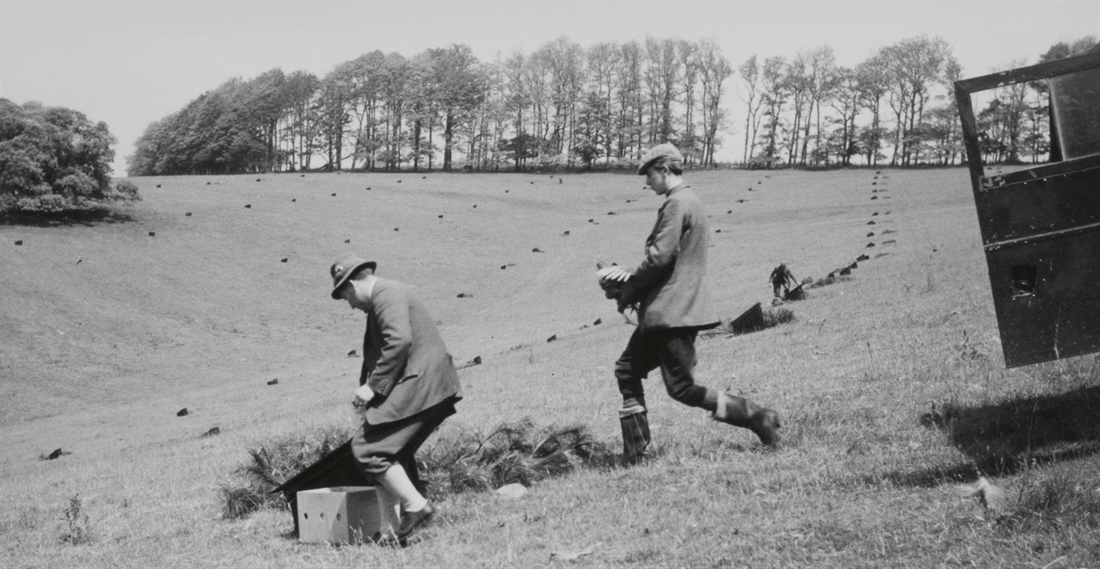
It all seems such a long time ago…
I had travelled from the north by train into London, crossed the city and caught another train bound for Arundel in West Sussex – I was on my way for my first interview as a keeper’s boy. I had seen the advert in the Gamekeeper and Countryside magazine; in those days there were four or five pages of job advertisements for keepers. I was 15 and so excited to be given the chance of an interview.
The train rumbled along through ever-changing countryside and small towns and villages, eventually crossing the River Arun to a vista of water meadows full of mallard, wigeon and teal. As we neared the station I was in awe at the sight of the most magnificent castle which sat above the town of Arundel.
Standing on the platform was the Headkeeper, waiting to greet me. We made the usual introductions and he drove me off to the estate office for the interview. I must have said something right for they offered me the position: £9 per week and lodging with a Mr and Mrs Newman.
I cycled to work every day including weekends, starting at 7am. My first job was to clean the kennels, walk the dogs, then skin and boil the dead calves which the dairy farm brought for their meals. I would also wash the Headkeeper’s Land Rover and bag corn and deliver it to the Beatkeepers. In the afternoon I could spend time with one of them.
Eventually they gave me a small beat of my own to look after, on which I ran a line of traps and snares. The rearing system was open range (see below) with broody hens which we found all over Sussex, Surrey and anywhere else we could get them. Sometimes we would go to a farm only to find another keeper had beaten us to it! The hens were taken to the sitting yard and after the chicks hatched we took them to the rearing field. We had a shepherds hut at each end of the rearing field and would start at 4am, opening the coops and feeding and watering the hens and the chicks, before cooking our breakfast on a pot belly stove in the hut. The keeper at the other end of the field did the same but we rarely came into contact with each other apart from a wave of the hand. We’d sit on the steps watching over the field with a gun across our knees and listen for the alarm call of the hens. At the first sign of trouble we would race towards the coop, gun at the ready, to find a stoat or weasel at the chicks or a sparrowhawk flying away with a chick in its talons.
In the afternoon we would spend time on our beats. At six weeks old the birds wanted to sleep outside the coop and it became difficult to shut them in, so it was time to move them to the wood. The hut would also go and until they started to roost we would sleep in the hut through the night. I must admit, as a young boy I was frightened at times by the calls of the night, but we had to do it.
The shooting season was fantastic. We would shoot each of the five beats three times. There were no let days back then – it was all private and teams were made up of guests of the Duke. They would come to us, and he would go to them.
Two-hundred and fifty birds was a good day but we had such fun and camaraderie with the keepers and beaters. On one occasion I was introduced to the Duke. “How do you like it here?” he asked. “It’s just like being on holiday,” I replied. He went away chuckling.
At Christmastime, all the staff would muster at the Barons Hall in the castle and as our names were called out we would shake hands with the Duke, Duchess and Daughters and receive a £5 note, a loaf of bread and 5lb of potatoes. This was tradition to ensure we had a good Christmas and food for the table. At times it did seem very hard, but on reflection it is what made me who I am today, and I look back with fond memories.
Looking forward
The future of gamekeeping is changing at a remarkable pace. We now have colleges nationwide from Thurso to Hampshire offering a wide range of courses covering not only the basics but vital training in countryside management, chainsaw handling, predator control, ATV use, deer management and all measure of things to make students and others safe in the working environment. But in addition to these, there are other skills which we as gamekeepers need to impart to those just starting out in the profession.
There are numerous essential ingredients to being a good keeper, and they don’t all revolve around gamebird husbandry…
A keeper needs to be well mannered and polite, not only to the guests on a shoot day, but the beaters and pickers-up, too. They should know how to handle those who help out on a shoot day and treat them with the respect they deserve.
A keeper should appear smartly dressed, work within the constraints of the law, be safe when handling firearms, and also be aware of health and safety issues relating to the profession. In my younger days we never thought of hearing protection when shooting, or dust masks when bagging corn, and many keepers have suffered from this in later life. I now wear two hearing aids and I know of several keepers who suffer from ‘farmer’s lung’. The handling of chemicals is also of concern – it’s important to read the instructions and follow them to the letter.
Also of great importance is maintaining a good relationship with one’s boss. When I worked in Cornwall my employer was ex-Coldstream Guards. He was a wonderful man. I would see him every Monday morning and we would discuss our plans for the week. At the start of each week during the shooting season we would both record what had been shot the previous week in the estate gamebook. On one occasion I noticed another gamebook on his desk with different feathers protruding from the pages – feathers the like of which I had not seen before. I asked him what the book was, and he told me it was his personal gamebook. We then went through it, page by page. From snipe shooting on the Rhine and boar shooting in North Africa to duck shooting in Italy – all during the war, too. “But what about the war?’’ I asked. “Occasionally it interfered with one’s shooting,’’ was the response. I thought it was wonderful!
There is a personal, trusting relationship between a keeper and his or her boss, with mutual respect which has generally been built up over the years. Throughout my career I have been fortunate to have worked for some wonderful people and can only hope that the next generation of keepers have the same opportunities I have had.
So how hard is it to for the young keeper to get a foot on the ladder? You must ensure your CV is well written. Don’t forget this is your initial contact with a future employer – you need to impress, cover all you have done and, if necessary, get someone you respect to have a look at it as they may see something you have missed.
If you are fortunate to secure an interview, look smart, remember your manners, and answer all questions honestly. Prior to the interview, think of questions you can ask and would like to know the answers to. What hours will you be required to work, for example? What is the accommodation? Is there transport? Remember you may only have about 30 minutes to sell yourself, so you need to impress.
If you are offered the position, do not think you know all there is to know about keepering. Listen to your headkeeper as he/she will know far more about the job than you. The one thing I have found in this profession is that you learn something new every day – it pays dividends to be open to new ideas. I am fortunate to be one of the judges of the Purdey Awards and take great satisfaction in visiting new estates and learning from other people about how to improve habitat for the benefit of wildlife – there’s always something new to learn.
Related Articles
Get the latest news delivered direct to your door
Subscribe to Fieldsports Journal
Elevate your experience in the field with a subscription to Fieldsports Journal, the premium publication for passionate country sports enthusiasts. This bi-monthly journal delivers unparalleled coverage of game shooting, fishing and big game across the UK and beyond.
Each issue offers a stunning collection of in-depth features, expert opinions and world-class photography, all presented in a timeless yet contemporary design.
Save 10% on shop price when you subscribe, with a choice of packages that work for you. Choose from Print & Digital or Digital only with each journal delivered directly to your door or via the app every other month, plus access to past issues with the digital back issue library.
